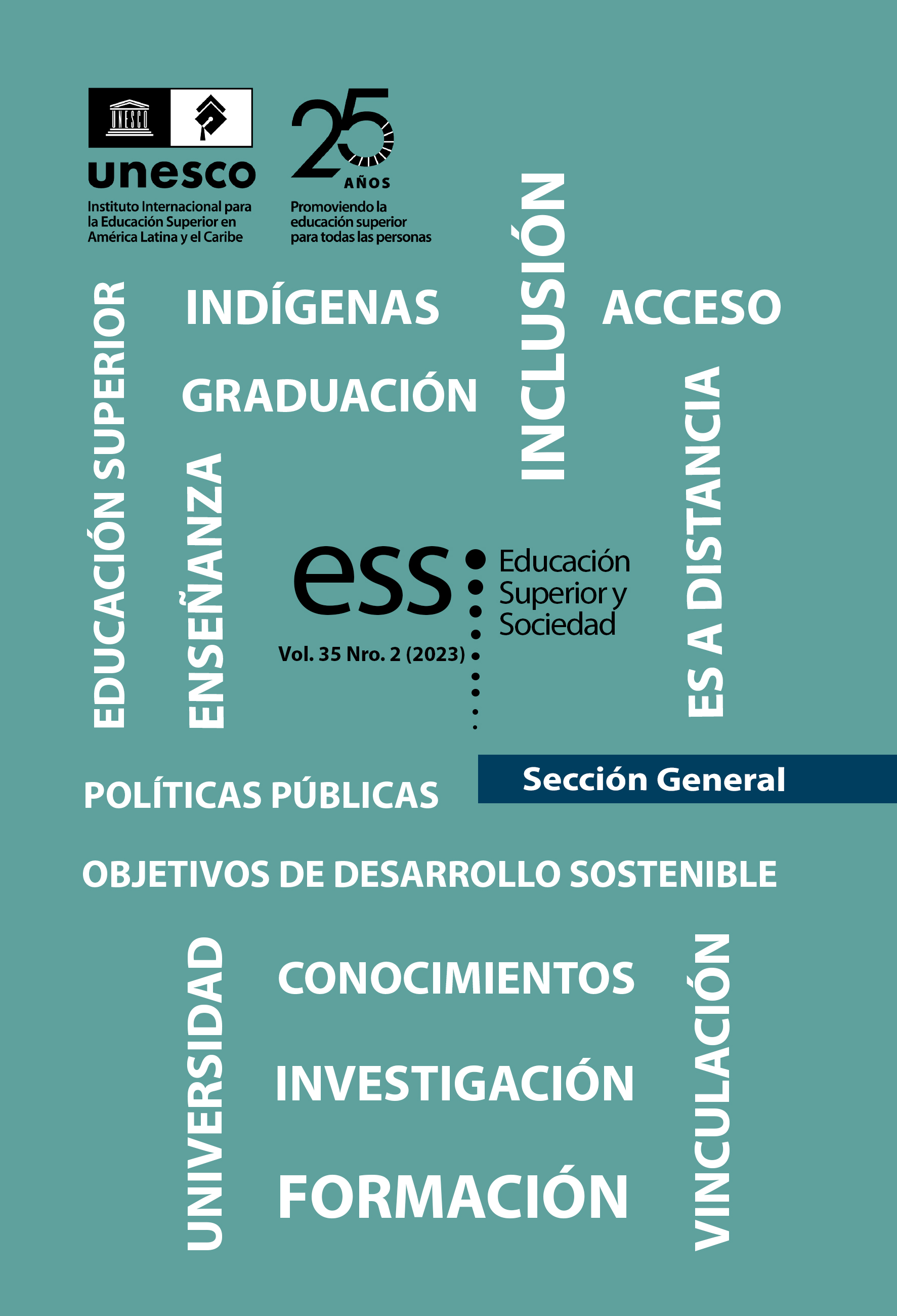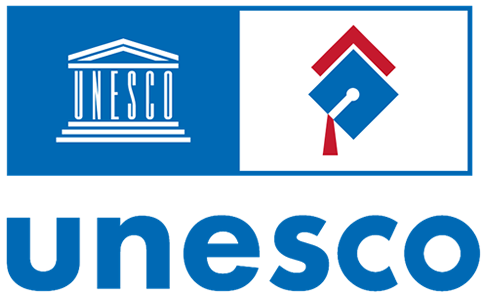A review of the dimension of culture in the new agreements of higher education in Mexico
Abstract
The following essay begins with the analysis of the document Reimagining our futures together: a new social contract for education (2021) presented by UNESCO, from the project The futures of higher education, coordinated by UNESCO IESALC, as well as the report Think More Beyond the Limits: Perspectives on the Futures of Higher Education to 2050, from the same organism. However, following the criticisms of the UN Special Rapporteur on the dimension of cultural rights, Alexandra Xhanthakhi, the need to incorporate the dimension of culture into the axes of the 2050 Agenda for Sustainable Development is raised, and the urgency because this dimension participates in the approaches of the new agreements for higher education. With this purpose, the consultation with young people and the concept notes of experts were analyzed, to highlight that, even though in both discourses the cultural dimension is referred to as a factor of transformation of higher education, it is not incorporated in terms neither in the Sustainable Development Agenda, nor in the new agreements of higher education. Finally, the new General Law of Higher Education of Mexico (2021) was reviewed, in addition to the policies of the National Association of Universities and Higher Education Institutions of the same country, where elements of the cultural dimension are used in education policies. higher, without yet implementing measurement mechanisms for its follow-up.

Copyright (c) 2023 Carlos Ramírez Vuelvas

This work is licensed under a Creative Commons Attribution-NonCommercial 4.0 International License.
Copyright notice
Copyright allows the protection of original material, and curbs the use of others' work without permission. UNESCO IESALC adheres to Creative Commons licenses in the open access publication of ESS. Specifically, texts published in this journal are subject to a Creative Commons Attribution-NonCommercial 4.0 International (CC BY-NC 4.0) license: ESS is an open access journal, which means that all content is freely available to the user or their institution. Users may read, download, copy, distribute, print, search or link to the full text of the articles, or use them for any other lawful purpose, without asking prior permission from the publisher or the author, always making sure to cite the author. Commercial use is not permitted. ESS requires authors to accept the Copyright Notice as part of the submission process. Authors retain all rights.
The full license can be found at https://creativecommons.org/licenses/by-nc/4.0/
 Attribution - NonCommercial (CC BY-NC 4.0)
Attribution - NonCommercial (CC BY-NC 4.0)
This journal does not charge authors for the submission or processing of articles. The authors of the contributions will receive acknowledgment of receipt that the work has reached the Editorial Team of the Journal.



.png)
